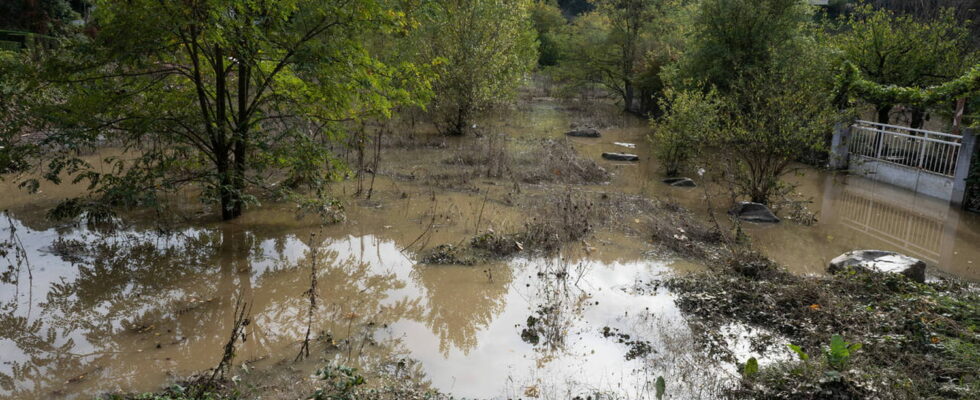The floods experienced by certain departments should quickly be qualified as a natural disaster. This implies special compensation from insurance companies.
Rivers and streams overflowed in around ten departments, a week after the floods which affected certain departments of Île-de-France. Thousands of residents find themselves with more or less significant damage caused by rising waters. On this Friday, October 18, while the flood peak has not been reached in all the affected departments and the water is still high, we are already thinking about insurance. Traveling in the Loire, Agnès Pannier-Runacher, Minister of Ecological Transition, promised that the state of natural disaster would be activated “very quickly”.
What are the procedures?
Until the state of natural disaster has been activated, it is essential that the victims do everything to save their property. You must put the most fragile furniture and household appliances up high and park your car high up before the water rises, without putting yourself in danger. Once the water has started to go down, you need to start cleaning. The water must be drained from the cellars (with or without the help of firefighters) and the mud must be cleaned out.
Once the event has passed, in this case the flood, the insured has five days to contact their insurer as well as the town hall to file their claim. It is essential to collect all the evidence that allows the damage to be established. The town hall will then make a request for recognition of a natural disaster from the prefecture, then the State will render its judgment. Once the decision has been made, the insured will be informed by the town hall and will have 10 days to contact their insurance.
For what damage?
In the case of floods, to obtain compensation from your insurer, the state of natural disaster leading to damage must be activated and the damaged property must be covered by a “property damage” insurance contract. or “operating losses”.
The goods which are guaranteed under the natural disaster regime are homes and their contents (provided you have proof of purchase of the various objects), commercial or industrial installations and their contents, buildings belonging to local authorities and their contents, agricultural buildings and their contents, greenhouses considered as buildings or equipment, forests, mobile homes, caravans, tents and camping equipment. Clearing and cleaning costs are also guaranteed.
On the other hand, certain goods are not insured by the natural disaster regime. They may be depending on your insurance contract. These include, for example, fences, pipelines, agricultural losses, damage to air and river vehicles, food losses, etc.
When will the victims be able to receive compensation?
Once all steps have been taken by the insured, insurers are required to compensate them within three months from the date on which the estimated state of damage and losses suffered was given to them. If this takes time to be done, as is likely to happen with the recent floods due to the large number of victims, the three-month period begins from the date of publication of the interministerial decree. A provision on compensation must be paid within two months.
